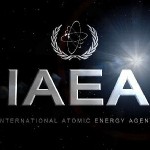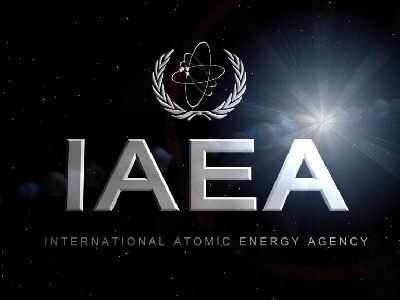
Western countries hope to use this week's IAEA meeting to turn up the heat further on Iran by getting the agency's 35-nation board of governors to approve a resolution sharply criticizing the Islamic republic for not having made a "substantial offer" to reassure the world of its nuclear intentions.
At the start of an IAEA board meeting in Vienna, the head of the UN atomic agency said the IAEA and Iran had made no concrete progress in talks that began in January aimed at allaying concern about suspected nuclear program in the Islamic state, adding that the lack of concrete results despite months of discussions between the IAEA and Iran was "frustrating".
Director General of the IAEA stressed that "without Iran's full engagement, we will not be able to start the process to resolve all outstanding issues, including those concerning possible military dimensions to its nuclear program."
Iran's envoy to the IAEA, Ali Asghar Soltanieh, earlier told reporters that Tehran would "continue" to cooperate with the U.N. agency but that the Islamic Republic's national security must be taken into consideration.
Yukiya Amano also called on Tehran to allow access to the Parchin military site, where they suspect Tehran may have conducted explosives tests relevant to the development of nuclear weapons, a charge Tehran denies.
According to Reuters, Western powers may seize on his statement to a closed-door session of the IAEA's 35-nation governing board to strengthen their case for further increasing international pressure on Tehran.
European Union nations�waved the threat of new international sanctions against Iran over its contested nuclear drive on Saturday despite Russia grumblings.
But it is unclear whether China�and Russia - who are also part of a group of six world powers trying to find a diplomatic solution to the long-running dispute - would agree to such a move, diplomats say. Beijing and Moscow have criticized unilateral Western punitive steps imposed against Iran.
Iran insists that its nuclear program is for peaceful power generation and medical purposes only and that it has a right to uranium enrichment under the Non-Proliferation Treaty.











